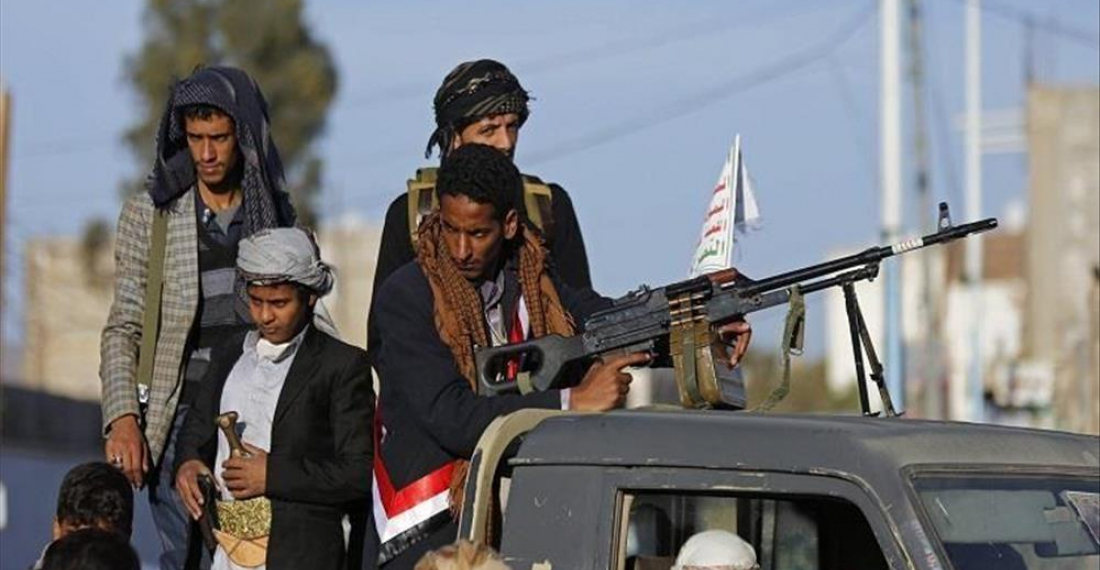In a late statement on Sunday night, the US State Department declared the Houthi group in Yemen a terrorist organisation. The State Department also designated Abdul-Malik Al-Houthi, Abdul-Khaliq Al-Houthi, and Abdullah Al-Hakim as Specially Designated Global Terrorist (SDGT). All three are in high leadership positions within the organisation.
US Secretary of State Pompeo said that designating the Houthis as a terrorist organization aims to hold them accountable for their acts, including cross-border attacks that threaten the civilian population, infrastructure and commercial shipping."
Pompeo indicated that there is a plan to reduce the impact of the classification on some humanitarian activities.
"The United States recognizes concerns that these designations will have an impact on the humanitarian situation in Yemen. We are planning to put in place measures to reduce their impact on certain humanitarian activity and imports into Yemen. We have expressed our readiness to work with relevant officials at the United Nations, with international and non-governmental organizations, and other international donors to address these implications."
The announcement on Sunday could complicate the new US administration’s efforts to restart diplomacy with Iran, which has ties to the Houthis.
The move has not been entirely welcomed by some former officials and researchers.
“This serves no interest at all,” Ryan Crocker, a retired US ambassador who served in the Middle East, said of the designation.
“Are there elements among the Houthis who have been involved in terrorist acts? Sure. Just as with other groups in the Middle East. The Houthis are an integral part of Yemeni society. They always have been. This is making a strategic enemy out of a local force that has been part of Yemen for generations. They are not Iranian pawns.”
The United Nations is trying to restart political talks to end the war and the US designation could create legal impediments for negotiations with the Houthis, who control the capital Sanaa and most urban centres.
“It is significant move because it will undermine any future peace efforts, because if you designate someone as a terrorist organisation you won’t be able to negotiate with it anymore,” Marwan Kabalan, director of policy analysis at the Arab Centre for Research and Policy Studies, told Al Jazeera.
“Nobody recognises the Houthis as a legitimate government of Yemen but they are a very important party to the conflict in the country, so if there are no talks with the Houthis peace will be very difficult to achieve in the country.”
Aid groups, as well as members of Biden’s Democratic Party, have also warned the move will severely impede efforts to address what the UN calls the world’s largest humanitarian crisis.
Read the US State Department announcement here.
Source: commonspace.eu with Al Jazeera (Doha) and agencies.
Photo: Houthis militias in patrol.







